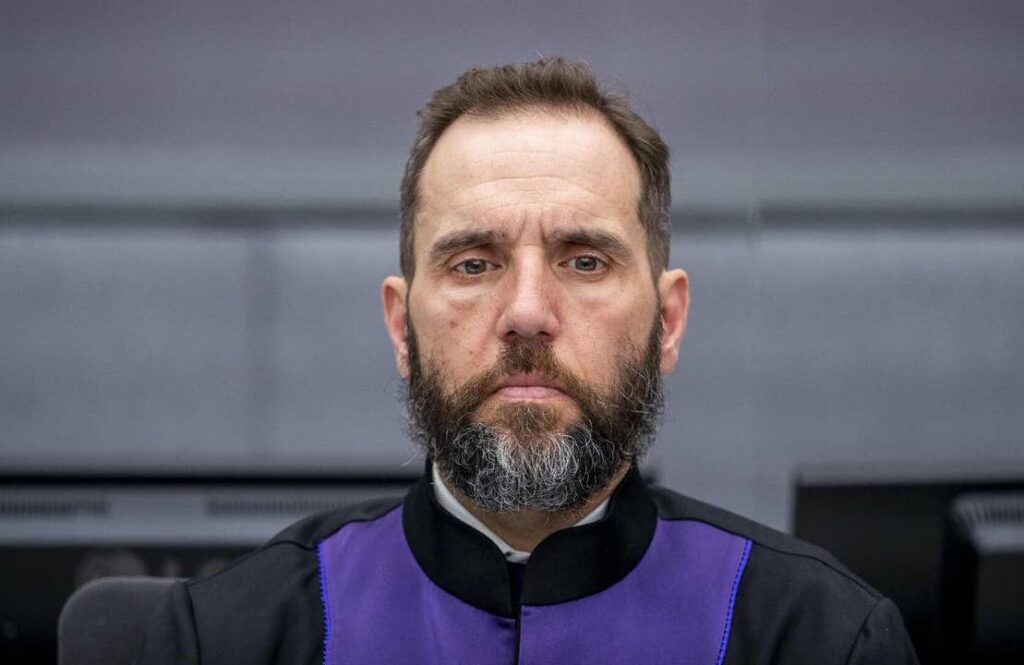Jack Smith is right about televising the Donald Trump trial

Donald Trump’s attorneys are now pushing to get his January 6th federal criminal trial televised. This isn’t really a thing when it comes to federal criminal trials, so it’s not clear if Team Trump is actually trying to get it televised, or is merely instead making this filing so Trump can play victim to his base when the trial isn’t televised.
I’d personally love to be able to watch the Trump trial on live television. I’d love to see him squirm. And there is an argument that voters toward the middle could be swayed by a televised trial. Republicans who don’t like Trump might watch it and then decide to stay home on election day instead of going out to vote. People who don’t like Trump might watch the trial and then decide to vote for Biden (this all assumes Trump will be the nominee, which is far from a given). But Jack Smith appears to be signaling that he’s opposed to televising the trial, and it’s not difficult to understand why.
As things stand, Jack Smith’s January 6th criminal case against Trump is an overwhelming slam dunk. It’s very likely that Trump will be convicted on all charges, and pretty much a given that he’ll be convicted on at least some of the charges. So why would Smith want to allow a destabilizing influence like a television camera in the courtroom to put all of that at risk?
If the trial is televised, Trump’s attorneys will feel compelled to try bizarre courtroom stunts aimed at keeping their addle-brained client happy. They’ll put conspiracy theorists on the stand as defense witnesses, solely to play to the cameras. And honest witnesses for the prosecution could end up being rattled and distracted while trying to testify, knowing that they’re speaking live to millions of people.
In other words, if the trial is televised, it could play out very differently in the courtroom. Even though the jury would be there in the courtroom, not watching on TV, the TV cameras could still cause the jury to see a very different trial while sitting in the courtroom.
The closest comparison might be the OJ Simpson murder trial. That was a flawed case to begin with. But if the trial hadn’t been televised, and if everyone in the courtroom hadn’t been playing to the cameras the whole time, there’s reason to believe that maybe he’d have ended up convicted.
With an overwhelming airtight case like the one that Jack Smith has against Donald Trump for election fraud, it’s harder to picture how having TV cameras in the courtroom could lead to an acquittal. But is that a risk you want to take? If the odds of conviction without TV cameras are 99%, and the odds of conviction with TV cameras are some unknown number lower than that, why risk it?
I would argue that a conviction against Donald Trump is worth more politically than a televised trial. Polling consistently shows that there are a number of people – more than enough to decide the outcome of the election – who say they’re less inclined to vote for Trump if he’s convicted. So let’s just hold the trial without any funny business like courtroom cameras, get him convicted, and go from there.
On the other hand, if Jack Smith does ultimately end up going along with televising the trial, then we can take that as a sign that he thinks conviction is assured either way. But it has to be his call to make. He’s the one who knows his case better than we do. If we trust him overall, then we have to trust him with calls like this one.
